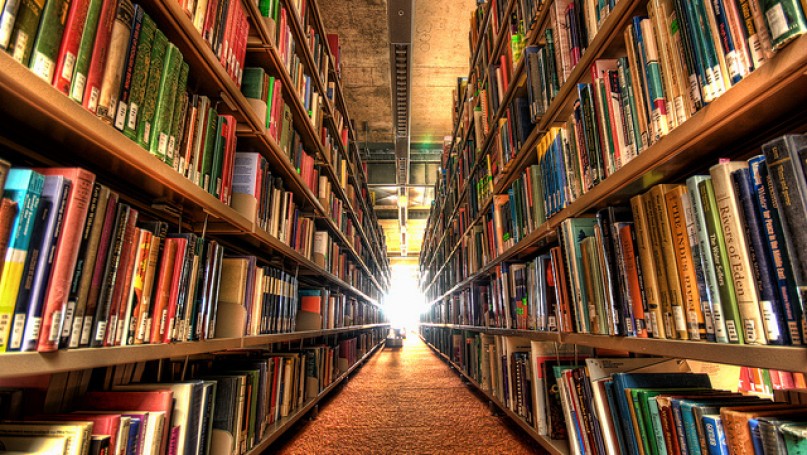
This week The Ivory Tower presents a five part series about life inside an academic journal. In this fifth and final part of the series we quiz CEU PSJ Managing Editor Sergiu Gherghina on the future of his journal and journals more generally. Previous parts in the series can be found here, here, here and here.
Once just an idea of a couple of Romanian graduate students in Budapest, the Central European University Political Science Journal is now firmly established as a leading journal in Central and Eastern Europe. With nearly a decade of experience, Sergiu Gherghina is able to look back on his time at the journal and into the future of his journal and share his thoughts on the direction of scholarly publishing.
Having left its original focus on graduate student work well behind, Sergiu admits he is confident about the future of the CEU PSJ. “We strive to become better and more appealing to authors every year. So far, the evolution is encouraging,” he says.
He’s justifiably proud of the quality of the work the journal publishes but also of the team that has worked hard to deliver this quality. “I am happy that together with an active and supportive editorial board team (including the editorial assistants) we managed to keep the journal alive,” he says. “The journal has reached a good level of submissions (both qualitatively and quantitatively), it has gained a decent reputation (and growing I dare to hope), and there are several very good papers published in its pages.”
Like all editors, Sergiu keeps more than a wandering eye on global debates around key issues such as the value of peer-review and the availability of research through open-access publishing programs. To the former, he is quick to note both the traditional advantages of the peer-review process as well as some of its weaknesses.
For Sergiu, the most glaring weaknesses of the peer-review system arise from the actions of the peer-reviewers themselves. “Some reviewers do not dedicate time and attention to their work, some do not know how to write reviews, and some others do not care,” he explains.
“The peer-review system is imperfect,” he says, “but recall Churchill’s words on democracy: it is the worst system save for all the other ones that have been tried. In the end peer-review is supposed to be an expert-based system and it often works like this.”
With regards to open-access publishing, it remains a cause close to the heart of the CEU PSJ publishing project. Recalling that the genesis of the idea of the journal emerged when graduate students realised that there was high quality scholarship that would likely never find a large audience, the open-access model that the journal has adopted has meant that published articles are published and distributed freely for access by anyone, anywhere.
“It is crucial for us to stay open access,” Sergiu explains, “We once considered going to a publisher but we were very aware that this would mean losing our open-access status and we decided not to do it. The financial support of the Department of Political Science from CEU secures the printing and delivery of a few hundred copies every year and the journal’s staff works on a voluntary basis.”
(Many thanks to Sergiu Gherghina for giving up his time this week to answer questions and provide the background on the Central European University Political Science Journal to The Ivory Tower.)
* * *
The CEU PSJ is now accepting submissions for its September 2014 issue. Manuscripts from political science and related fields are welcome. Authors should ensure that their submissions are original contributions and should not be under consideration for any other publication at the same time. Full guidelines for the presentation of the papers are available at the guidelines for submission section.
A list of books available for review is available here.
Further Reading on E-International Relations
- Gender Representation in IR Journals: Experience from Indonesia
- IR’s Great Derangement: Climate Change Coverage in IR Journals 2017–2021
- Faith in Transition: A Week Inside a Gender Surgery Clinic
- Plotting the Future of Popular Geopolitics: An Introduction
- Without a Future: Gandhi, Childhood and Politics
- Opinion – The Future of German Feminist Foreign and Development Policy